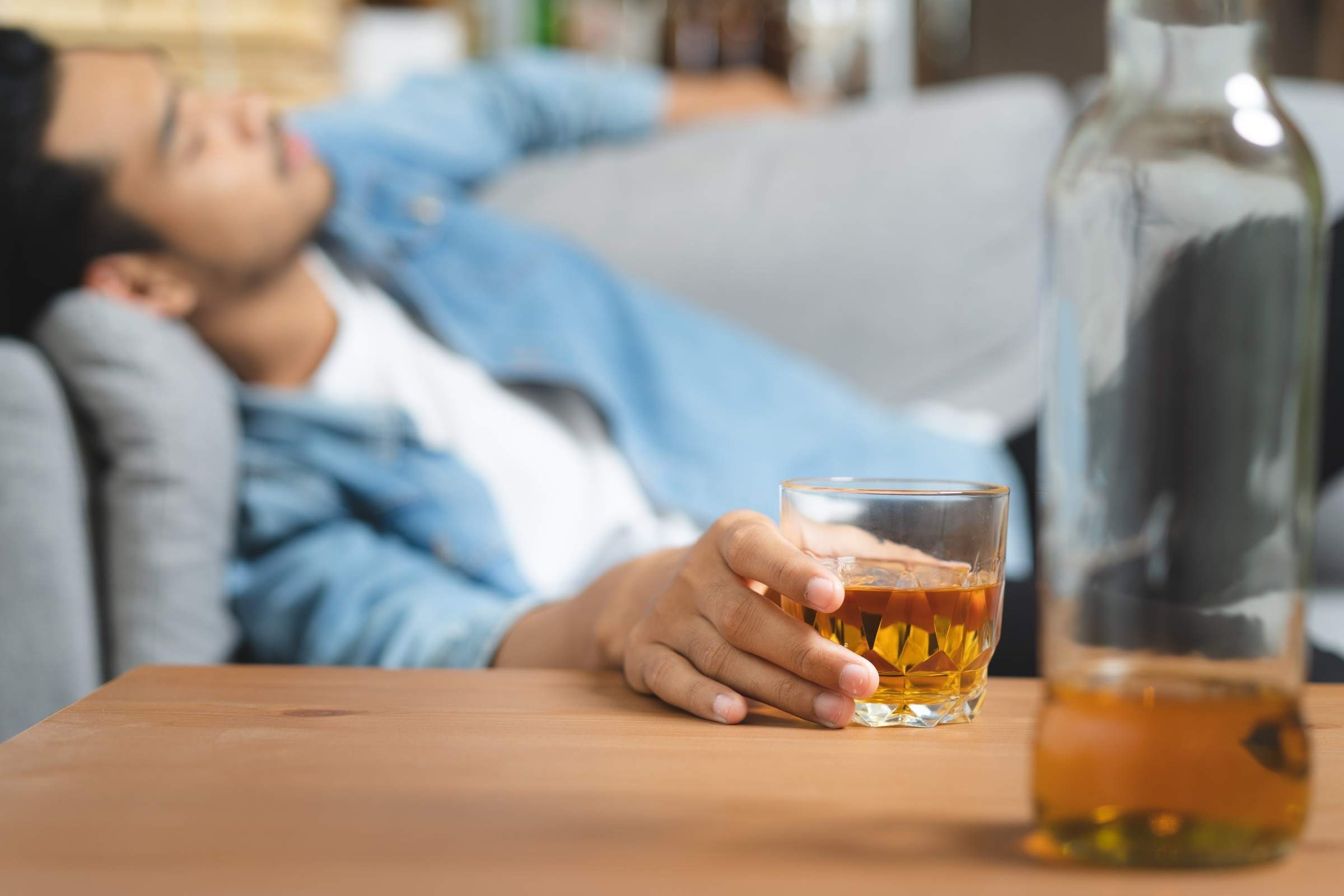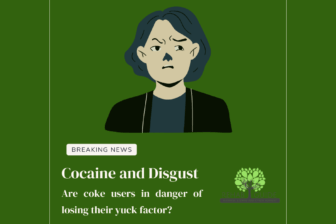Alcohol and a Good Night’s Sleep Don’t Mix
You might think alcohol helps you get to sleep, but medical experts warn against drinking close to bedtime. This can cause dependence and lower the quality of your sleep.
In moderation, using alcohol to unwind and relax after a stressful day is generally not a problem. The problem comes when an individual uses alcohol in excess to self-medicate and initiate the onset of sleep, i.e. regularly drinking until unconscious.
Not only does regular drinking to enable sleep have various health implications, but it can also create a vicious cycle that becomes very difficult to break.
When we talk of alcoholism, most people envisage a person who drinks throughout the day daily. Whilst this is true for some who suffer from this condition, drinking patterns can vary tremendously.
If you are regularly drinking to overcome a sleep or anxiety problem at night, there will be various repercussions that will spill out into your everyday life.
Here, we look at the effects of drinking to help with sleep and look at safer alternatives to dealing with stress or sleep-related problems.
Can alcohol and bad sleep be connected?
On the surface, drinking may help a person sleep, but the reality is very different. Excessive alcohol intake gravely affects the quality of sleep a person gets, leaving them tired and sluggish the following day.
Alcohol is a CNS depressant with sedative and relaxant properties; it is also a highly toxic substance that negatively affects every organ in the body, including the brain.
Drinking excessively (above the Chief Medical Officer’s safe drinking guidelines) can heavily impact a person’s physical, mental, emotional, social and financial well-being. The more the person drinks, the more severe the consequences can be.
Drinking at night to help you relax can become habit-forming. While it will provide initial relief from a sleep-related problem, your sleep quality will be severely compromised.
If you are drinking every night, you may not have even considered that there’s a possibility you have developed an alcohol dependence and addiction. This can only become apparent when you try to stop drinking.
Does alcohol help you sleep better?
Scientists have been studying the relationship between alcohol and sleep since the 1930s. However, so much is still not fully understood concerning the effects on a person.
What is known is that drinking heavily and frequently gravely affects the quality of sleep a person gets. Overall, research has shown that regular use of alcohol results in poorer quality sleep and daytime fatigue. This can have a consequential impact on a person’s ability to work and perform tasks 1
Various studies have shown the effect of alcohol on a healthy person’s sleep (i.e. a non-alcoholic person) and found that occasional use initially improves relaxation, although consuming large amounts results in sleep disturbances 1
Studies have also confirmed what we already know, that alcohol’s sedative effects can rapidly lead to tolerance and dependence when used frequently.
Drinking large amounts regularly before going to bed has also been shown to delay the onset of sleep as tolerance to alcohol’s effects develops.
Alcohol effects on sleep
Scientists have identified four main stages. The first three stages are NREM (non-rapid eye movement), and the fourth stage is – REM (rapid eye movement)
Drinking causes imbalances between NREM stages and prevents the final REM stage, which is the most restful stage.
As blood alcohol levels fall during the REM phase, this is when an individual is most likely to suffer from disturbances and periods of waking in the night. 2
Alcohol and insomnia
One of the long-term effects of drinking heavily and regularly is insomnia. Insomnia is when a person persistently has trouble naturally falling and staying asleep.
People who drink heavily and regularly before going to bed can find themselves suffering from symptoms of insomnia, where they feel exhausted during the day. This can lead to a downward spiral of consuming large amounts of caffeine or other stimulants to stay alert during the day and self-medicating with alcohol at night to fall asleep 3
Those who are alcohol dependent can find themselves waking in the night experiencing withdrawal symptoms. To relieve these distressing symptoms and be able to go back to sleep, they need to drink more.
The more severe the alcohol dependence, the more frequent the cycle of waking and withdrawal during the night. An alcohol-dependent person may well find that they are unable to achieve any natural rest and will feel permanently sluggish as a result.
Achieving natural, restful relaxation
Any rest that is brought about by self-medicating, whether that be through alcohol or pills, will have a rebound effect the following day.
Prescribed sleeping medications can be helpful in restoring a natural pattern on a short-term basis only. For a person to continue achieving rest following a course of pills, they will need to practice a healthy bedtime routine.
Reducing or cutting out caffeine altogether in the hours before bedtime is always a good idea. Avoiding brain stimulation, such as using your phone or playing video games, is also recommended.
Try to set a bedtime routine of going to bed simultaneously every night. Ensure the room is at a comfortable temperature. If you are a person who tends to think a lot when trying to nap, listening to a guided meditation or soothing music can help your brain to switch off naturally. Others find reading a book helps.
Can’t sleep without alcohol?
If you are finding yourself in a constant cycle of drinking, you may well need medical help to stop it. Tolerance and dependence can form quickly. This is one of the many health risks that regular drinking carries.
| You are alcohol tolerant if you have found that over time, you have needed to consume more significant amounts of alcohol to be able to sleep. You are dependent if you find yourself suffering from withdrawal symptoms if you do not drink alcohol or do not consume the amount your body and brain have become accustomed to. |
Dependence and alcohol addiction are severe physical and mental health conditions that require exceptional treatment to recover.
Stopping alcohol doesn’t need to be distressing, difficult or dangerous. We at Rehab Guide provide professional private treatment for all manner of alcohol use disorders.
Our CQC-registered rehab centres provide a complete medical detox for any patient suffering from alcohol dependence. We also offer full medical detoxes for those addicted to sleeping medications.
Undergoing a full medical detox and treatment programme will enable you to stop drinking comfortably. It will also vastly reduce the chances of you suffering from rebound insomnia or relapsing.
Treatment for alcohol and sleep disorders
Removing the alcohol safely from the equation is the first step to a better night’s rest. In the long run, you will need to learn healthy alternatives to help you destress, unwind, and naturally fall asleep.
Our exemplary treatment centres treat every patient holistically and comprehensively. This means that our clinical teams of multidisciplinary addiction treatment professionals examine and treat every area of each patient’s life.
If insomnia and alcohol have become a recurring theme in your life, we can help you press the stop button and show you evidence-based methods of restarting your natural sleep process.
Call us today on 02072052845 for more information on how our experts can help you or a loved one to break the vicious cycle of alcohol and sleep deprivation.
References:
- Sleep, sleepiness and alcohol use https://pubs.niaaa.nih.gov/publications/arh25-2/101-109.htm
- Alcohol and sleep – Sleep Foundation https://www.sleepfoundation.org/articles/alcohol-and-sleep
- Alcohol and the sleeping brain https://www.ncbi.nlm.nih.gov/pmc/articles/PMC5821259/





